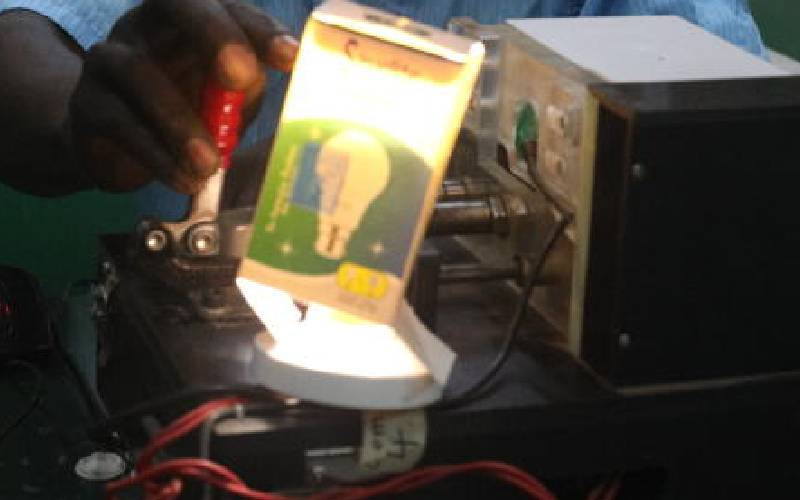
Energy ministers, chief executives and senior leaders will congregate in Nairobi from May 21 to 23 this year for the World Energy Efficiency Conference to share experiences on energy efficiency for substantive real-world progress. For Kenya, the International Energy Agency's event is important for several reasons.
One, it is a moment for Kenya to reflect on gains made since 2004 when it entrenched the adoption of energy efficiency mechanisms through gazetted regulations that required industries using over 180,000 Kilowatts annually to take drastic measures towards saving energy. Even electric appliance makers were not spared in the energy efficiency race as they are now expected to make new appliances that consume less power and rate them accordingly as high, medium and low energy-consuming devices.